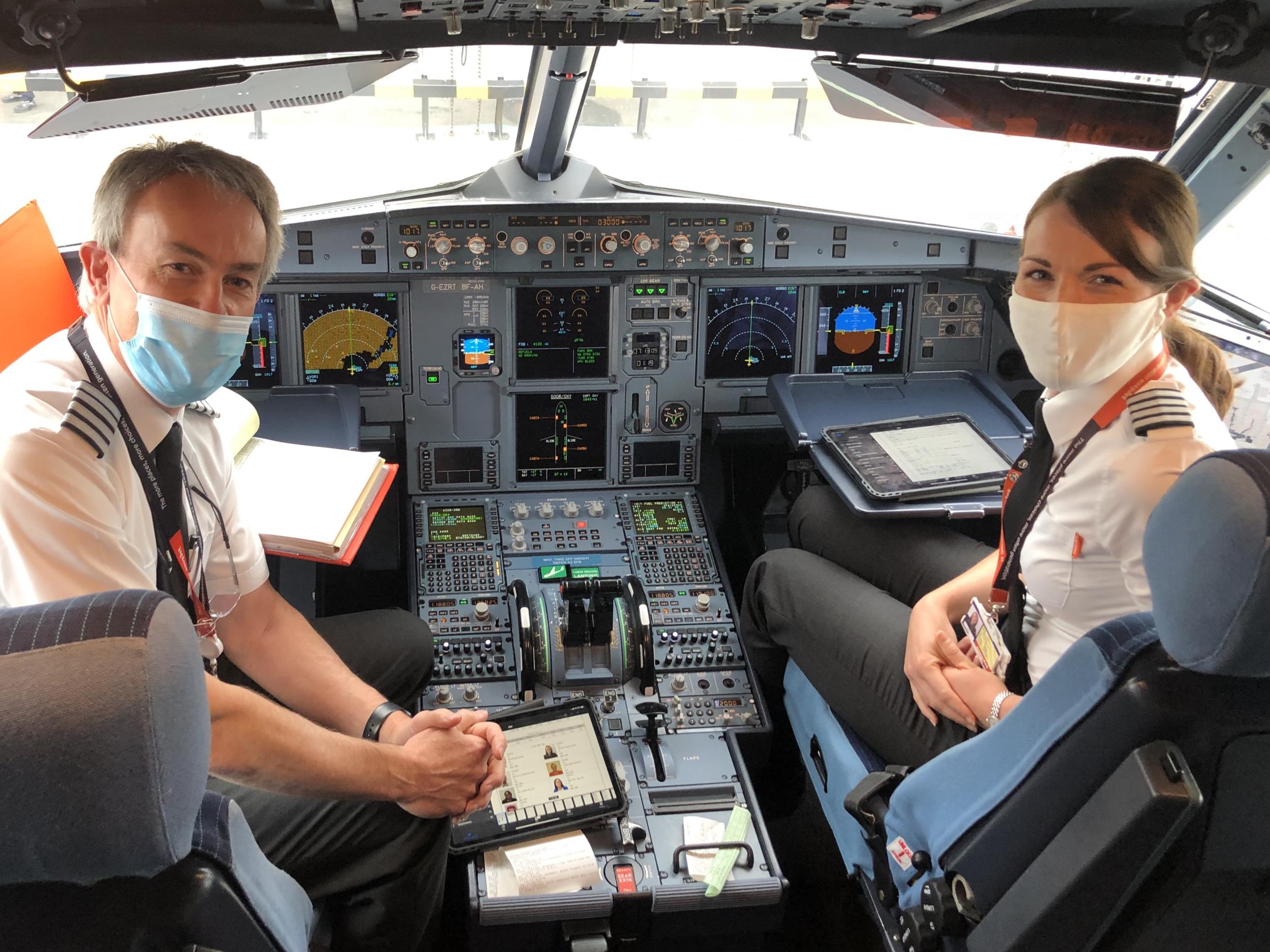What you should be thinking about when travel starts again
The Man Who Pays His Way: residents in tourist destinations fear that travellers may bring in the virus, exactly as two British visitors did to Covid-free New Zealand

Your support helps us to tell the story
From reproductive rights to climate change to Big Tech, The Independent is on the ground when the story is developing. Whether it's investigating the financials of Elon Musk's pro-Trump PAC or producing our latest documentary, 'The A Word', which shines a light on the American women fighting for reproductive rights, we know how important it is to parse out the facts from the messaging.
At such a critical moment in US history, we need reporters on the ground. Your donation allows us to keep sending journalists to speak to both sides of the story.
The Independent is trusted by Americans across the entire political spectrum. And unlike many other quality news outlets, we choose not to lock Americans out of our reporting and analysis with paywalls. We believe quality journalism should be available to everyone, paid for by those who can afford it.
Your support makes all the difference.Is your journey really necessary? That wartime slogan has returned in the time of coronavirus for exactly the same purpose: to reduce the pressure on transport.
On Monday this week, I caught a train for the first time in three months. The purpose: to reach Gatwick airport, in order to catch my first flight since mid-March.
I assert that the rail and air journeys were both necessary (I would say that, wouldn’t I?). Monday was the first day of mandatory mask-wearing on the railways of England, and I wanted to assess how well the travelling public was adapting to the new rule. The three other passengers were unmasked.
The train also enabled me to reach the airport in time to report on easyJet’s resumption of flights. After 11 weeks of grounding, Britain’s biggest budget airline was getting airborne once again.
I stepped aboard the first departure of the new age, from Gatwick to Glasgow, to help you to judge whether mass-masked air travel will suit you.
The key lessons on the revival of aviation:
1. Don’t get to the airport early. “This must surely be the closest most of us will get to flying on a private jet,” I wrote at the time.
“With so few passengers flying, you don’t wait for security; security waits for you. When you are good and ready, half-a-dozen staff will be pleased to scrutinise you. And when the handful of passengers are comfortably on board, the plane leaves.”
For now, at least, there is no need to allow “dwell time”.
2. Ignore the Department for Transport advice to check all bags into the hold, which aimed at reducing crowding in the aircraft aisle. Given the sparse passenger loads, a pre- and post-flight jostle over the lockers is unlikely.
Consigning luggage in the hold adds £25 to your fare and two more airport hurdles to the journey: at check-in and baggage reclaim. And it involves several people manhandling your belongings.
3. After months of steering well clear of others, be prepared to find yourself in close proximity to many strangers.
Aviation and social distancing are fundamentally incompatible. If you are not prepared to tolerate a small risk, flying is not for you right now.
Someone evidently felt that flying should not have been for me last Monday morning.
“How irresponsible is @SimonCalder this morning sitting like a complete idiot on the Easyjet flight to Glasgow,” tweeted an organisation called IndyScotEvents.
“Apart from the utter stupidity and danger this must be one of the most unnecessary journeys since lockdown. I would like @PoliceScotland to charge him.
“Easyjet should not be doing this. @SimonCalder especially should be detained and charged along with the other idiots in the plane and sent straight back to London immediately.”
Before Police Scotland could apprehend me, I had left the country.
Just as coronavirus has changed attitudes among travellers, the pandemic is stirring strong emotions among host communities.
At the other end of the UK, prospective visitors to Croyde – a charming village on the North Devon coast – are greeted by a sign reading “Do Not Visit Croyde”.
Across Britain and the world, residents in tourist destinations fear that travellers may bring in the virus, exactly as two British visitors did to Covid-free New Zealand this week.
The traveller must be scrupulous: wearing a mask when requested, washing hands as obsessively as Lady Macbeth, and above all staying away from airports and any other place should any symptoms appear.
As lockdown eases and travellers feel less tethered, the key is respect.
Join our commenting forum
Join thought-provoking conversations, follow other Independent readers and see their replies
Comments